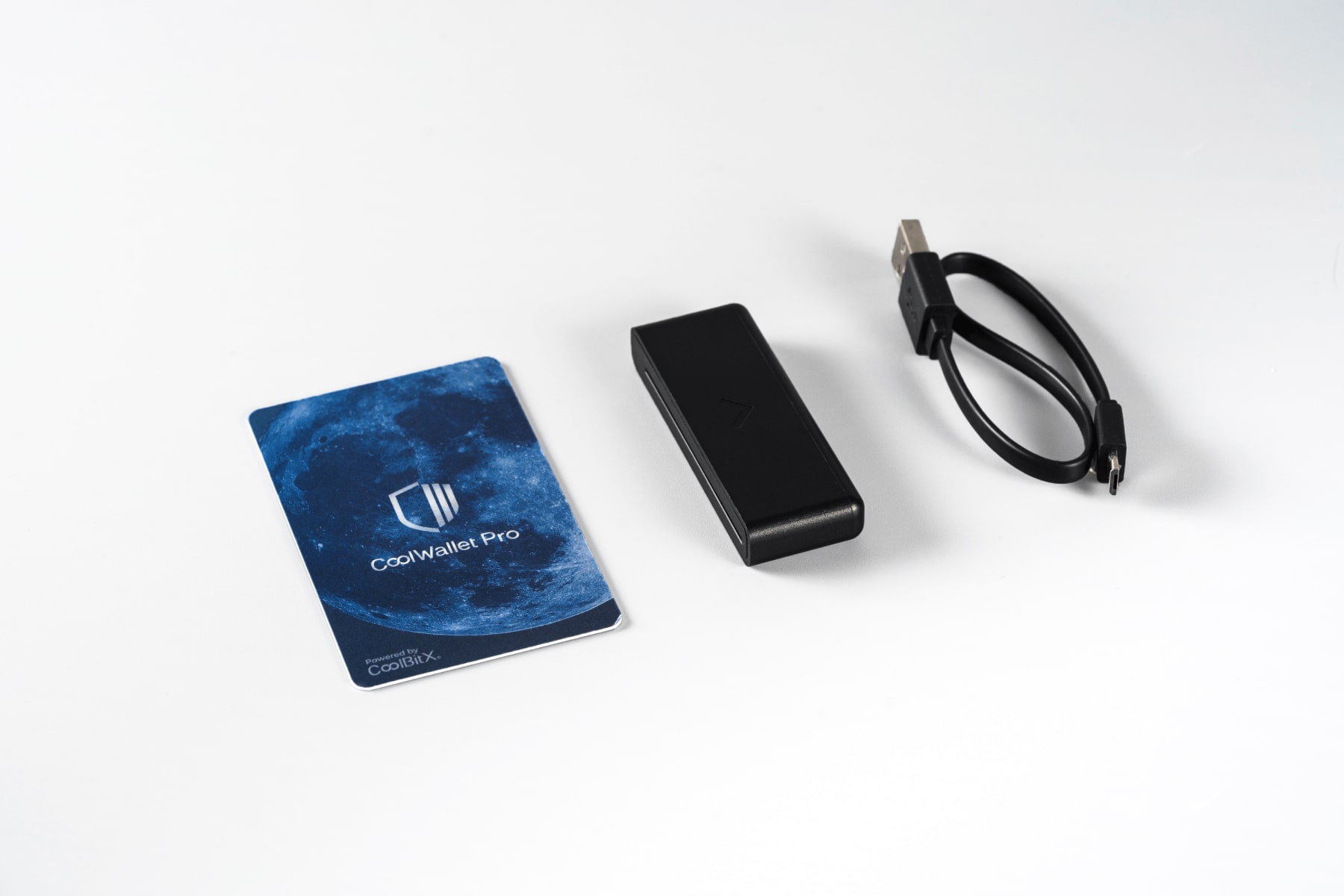Safety and Security of Using Hardware and Cold Wallets for Crypto Storage
Remember the golden rule:
NOT YOUR KEYS, NOT YOUR COIN
(Nacho Keys, Nacho Cheese!)
Cryptocurrency has gained massive popularity over the past few years and with it the need for secure storage solutions. The two most popular options for secure storage are hardware wallets and cold wallets.
Hardware wallets are physical devices designed to store and manage cryptocurrency in an offline environment. They look like USB drives and are a highly secure way to store crypto, as they are not connected to the internet and are therefore immune to hacking and malware. When a transaction is made, the hardware wallet must be connected to a computer to authorize the transaction, which makes it an additional layer of security.
Cold wallets, on the other hand, are offline storage solutions that are stored on a computer or a piece of paper. The main advantage of cold wallets is their offline status, which makes them immune to hacking and malware attacks. To make a transaction, the private key must be transferred from the cold wallet to an online wallet, where it can be authorized.
When it comes to the safety and security of using hardware and cold wallets, there are several factors to consider. Firstly, hardware wallets are known for their robust security features such as two-factor authentication and encrypted private keys. Cold wallets, on the other hand, rely on the user to keep the private key safe and secure. The risk of loss or theft increases if the private key is stored on a computer or a piece of paper.
Another factor to consider is the compatibility of hardware wallets with different cryptocurrencies. Some hardware wallets are only compatible with a limited number of cryptocurrencies, while others are compatible with many different coins and tokens. It’s important to choose a hardware wallet that supports the cryptocurrencies you want to store.
In conclusion, hardware wallets and cold wallets are both highly secure storage solutions for cryptocurrency. While hardware wallets offer a more robust security system, cold wallets are more flexible and can be used to store any cryptocurrency. When choosing between the two, it’s important to consider factors such as compatibility, ease of use, and the level of security you require. Regardless of which storage solution you choose, it’s always important to follow best practices for storing your private keys, such as using strong passwords and keeping them in a safe and secure location.
Protecting your crypto doesn't take a miracle! Below are some of the best options when choosing the best wallet for your needs.
1) Ledger Hardware Wallets
PROS:
- extremely safe and secure
- trust-worthy and reliable products
CONS:
- difficult, tedious, arduous setup process
- risk of losing or breaking device results in lost crypto
2) Trezor Hardware Wallets

PROS:
- extremely safe and secure
- trust-worthy and reliable products
CONS:
- difficult, tedious, arduous setup process
- risk of losing or breaking device results in lost crypto
3) Cool Wallet

PROS:
- extremely safe and secure
- trust-worthy and reliable products
CONS:
- difficult, tedious, arduous setup process
- risk of losing or breaking device results in lost crypto
4) Ballet Cold Wallets
PROS:
- great look & feel
- easy to use, great for beginners
- makes great gifts for friends, family, or co-workers
- completely offline cold wallet
CONS:
- technically not your private keys; trust is required (which is not ideal)
- would not recommend storing more than you can afford to lose!




